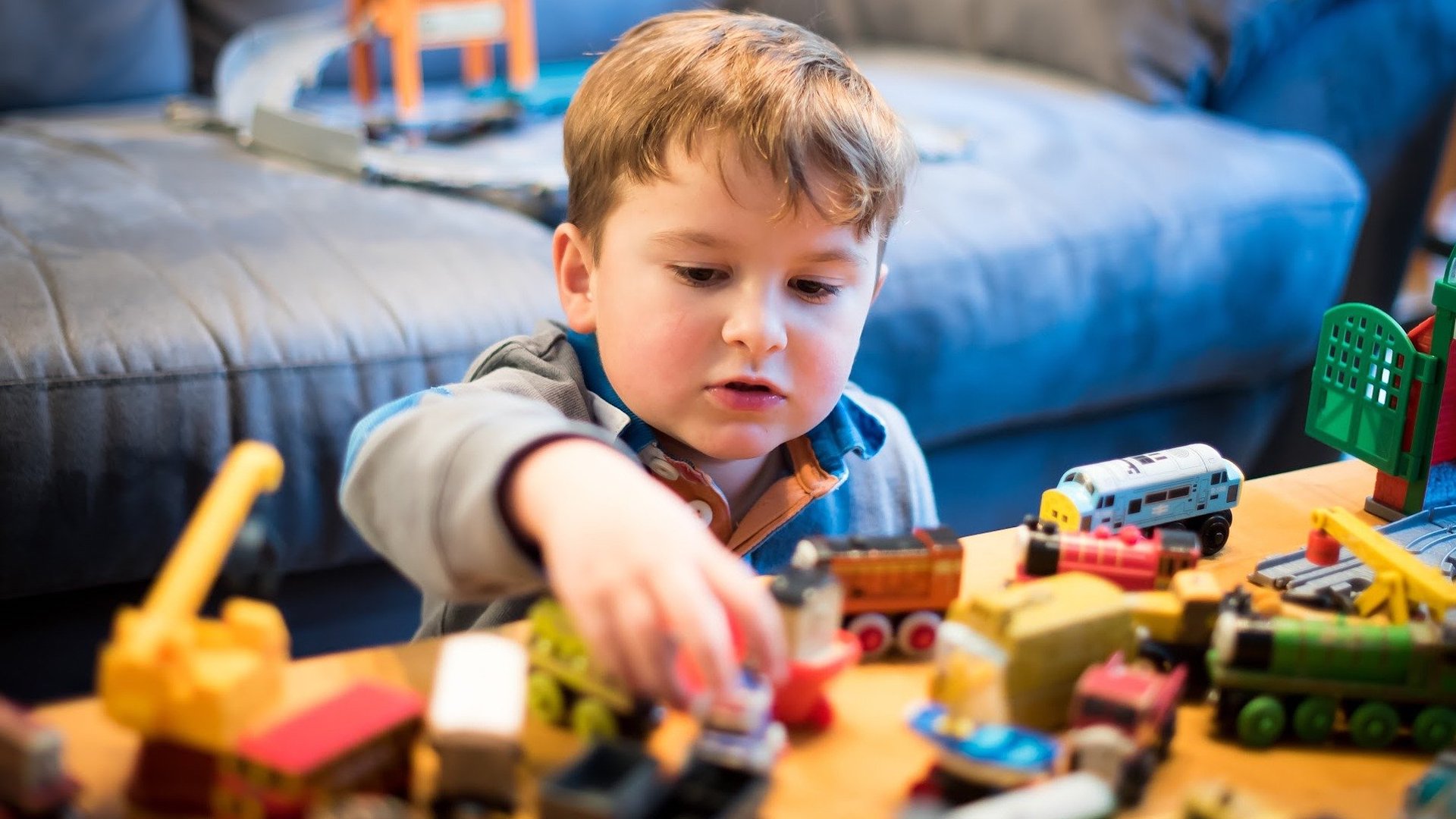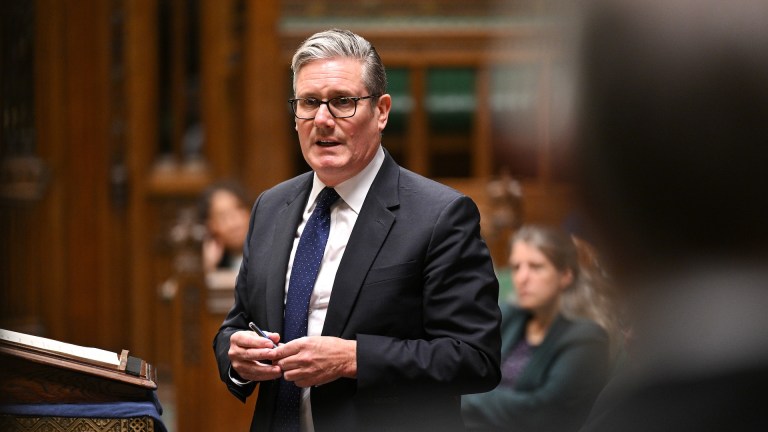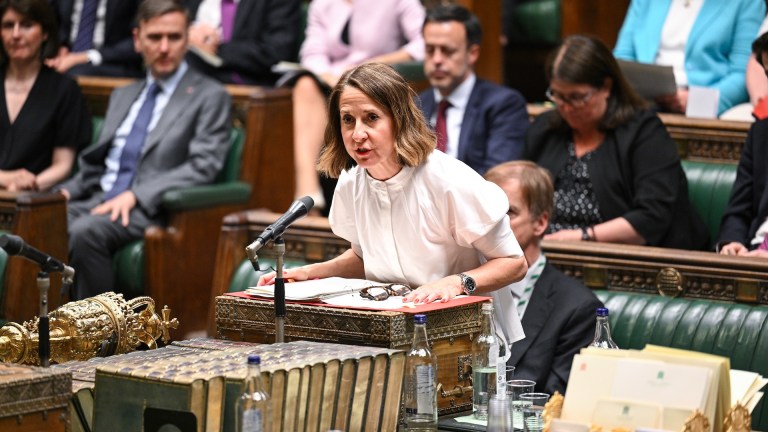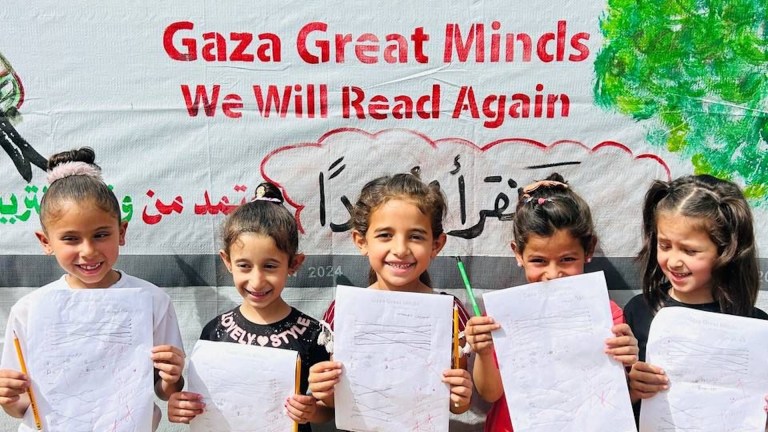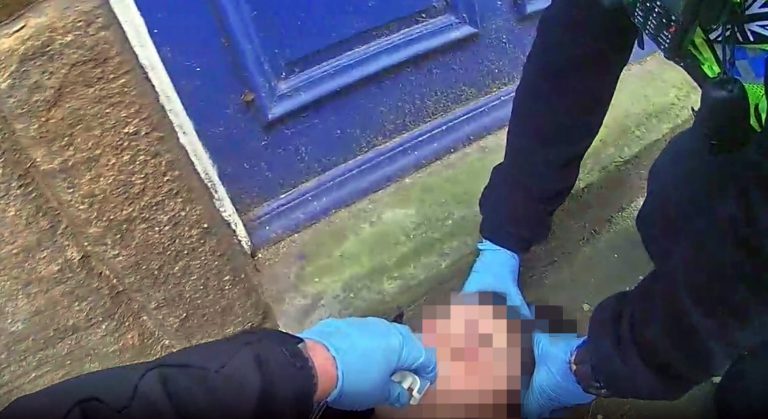We cannot allow this situation to continueJane Young, Sylvia Adams Charitable Trust
The extra 15 hours is given to children whose parents are working and earn at least the national minimum wage or living wage for an average 16 hours per week.
At current levels, this would mean someone over 23 would have to earn £1,853.28 over three months. In two-parent families, both parents must earn this amount each to be eligible for the extra childcare.
There is an upper salary cap for eligibility, but it does not kick in until at least one parent in the family earns more than £100,000, meaning a family could have a combined income of £199,998 and be entitled to more free childcare than low-income families.
The poorest children are nearly a year behind their better-off peers by the time they start primary school, according to the study, and research by the Centre for Research in Early Childhood suggests the gap is widening further.
It is a “truly shocking” finding, said Sir Peter Lampl, founder of the Sutton Trust. “We know how important high-quality early education is for young children, yet the poorest three and four-year-olds are locked out of these opportunities, simply because their parents do not earn enough.
“This is a national scandal.
Advertising helps fund Big Issue’s mission to end poverty
“We wouldn’t accept the state providing longer school hours for well-off families, and we shouldn’t accept it in the early years. If we want to make our school system fairer, it needs to begin with giving every child the foundation to succeed at school.”
The gap between rich and poor children “will only widen as a result of the pandemic”, according to the study. More than half (54 per cent) of primary school leaders said they met fewer pupils who were ready for school when they started this year than they would usually expect.
The system as is can trap families in poverty as parents are forced to choose between earning at work or caring for their children, the experts warned. Making high-quality childcare and early years education accessible for more families would not just close the attainment gap between children but make it possible for parents to move back into employment, retrain or increase their hours worked.
Support The Big Issue and our vendors by signing up for a subscription
“We cannot allow this situation to continue,” said Jane Young, director of the Sylvia Adams Charitable Trust, which funds projects supporting young children.
The report shows that the most disadvantaged children in England are “being denied a fair start” because of policies which exclude them, she added.
Advertising helps fund Big Issue’s mission to end poverty
The Sutton Trust worked with the Institute for Fiscal Studies to examine what a variety of reforms would look like and how much they would cost.
Extending the right to 30 hours’ free childcare to all three and four-year-olds in England would mean another nearly 70 per cent of children from the poorest families would be newly eligible, researchers found, costing around £250m.
This would be of huge benefit to children in the 16 per cent of families with no earning or who are out of work, they said, in turn cutting regional inequalities by helping more children in the North East and Yorkshire.
The Joseph Rowntree Foundation welcomed the calls for reform and urged the government to scrap the planned cut to universal credit, which will “disproportionately impact families with children” and pull 200,000 children into poverty.
The Department for Education was approached for comment.
